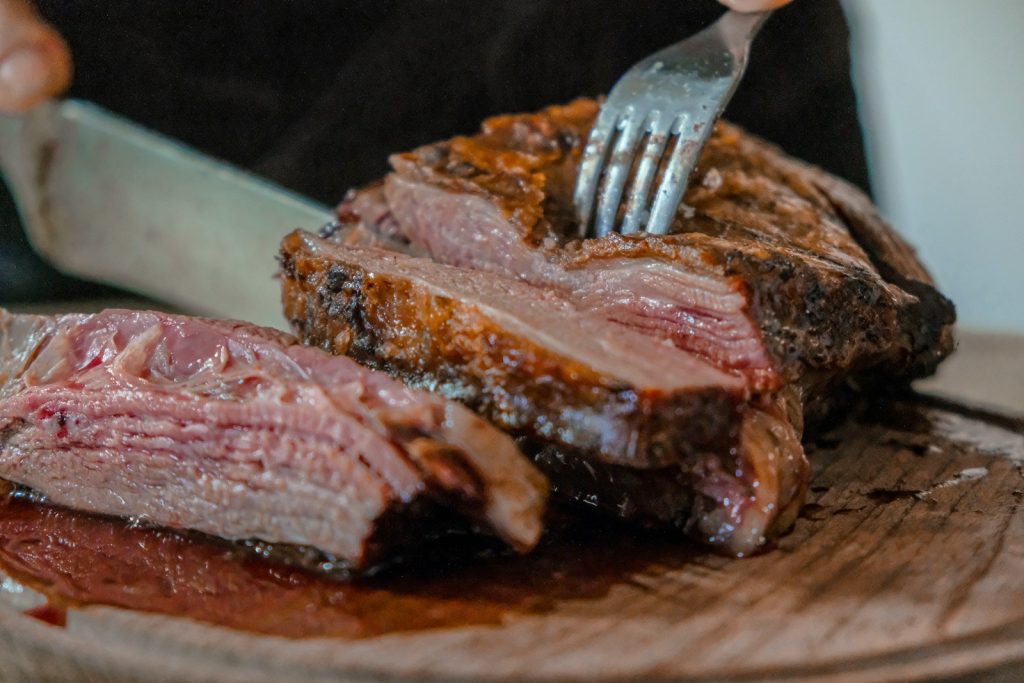Maple Leaf Foods posts lower third-quarter profit as it plans price increases
Posted Oct 31, 2012 5:41 pm.
This article is more than 5 years old.
TORONTO – Maple Leaf Foods Inc. said Wednesday that consumers should expect to see higher prices for their meat and bread products starting next year, due to the rising costs of getting those items onto shelves.
The Toronto-based meat and bakery company, which also reported weaker third quarter earnings, outlined plans to raise its prices in the first quarter of 2013 due to higher raw materials costs.
In the bakery division, “we continue to face higher inflationary costs, as well as projected increases in flour and dairy raw material costs,” said president and CEO Michael McCain.
“We expect to pass on (higher) pricing in the first quarter of next year.”
McCain said prices will rise seven cents per item on the wholesale market, which would boost prices by about 10 cents on store shelves, starting at the end of January.
“That will largely cover the cost of our commodity increases, although probably not the whole value of all of our inflation,” he said.
“We still have some work to do to offset that.”
Meanwhile, prices will also go up for its meat products sometime in the first quarter, though the magnitude and exact timing of the increase hasn’t been decided.
“It will be significant, but we just don’t know exactly how significant or exactly when yet in the protein business in 2013,” he said.
Maple Leaf Foods (TSX:MFI) has faced a double whammy of higher prices for raw materials and other inflationary costs, while also booking a lower value for the live animals that eventually become its meat products.
On Wednesday, the company reported a drop in net earnings during the third quarter, due to lower revenues and a write down on the value of some assets.
Maple Leaf Food’s net earnings fell to $32.6 million, or 22 cents per share. That missed expectations of 28 cents per share, according to a poll by Thomson Reuters, and were below the reported $43 million in the third quarter of 2011.
The weaker results were mostly from a $13-million decrease in the fair value of the company’s biological assets.
McCain said the adjustment came from new international reporting standards that require the company to recognize the value of its live assets — live pigs, eggs and live chickens — as if they were all going to be sold at a current market value.
“We’ve excluded these amounts from our adjusted operating earnings because we don’t consider those effects to be representative of operational results during the period,” he told analysts on the conference call.
On an adjusted basis, operating earnings improved to $76.3 million from $73.3 million.
Revenue slipped to just under $1.24 billion from just over $1.26 billion.
Maple Leaf is Canada’s biggest food processor, making and selling such well-known store brands as Maple Leaf, Burns and Schneiders hot dogs, Dempster’s bread, Olivieri pasta, as well as Shopsy’s deli meats and Mitchell’s Gourmet foods.
Last year, Maple Leaf announced a plan to cut 1,550 jobs by closing plants in four provinces and streamlining distribution, part of a three-year, $560-million restructuring plan expected to boost competitiveness and profitability.
Maple Leaf has 21,000 employees at its operations across Canada and in the United States, Europe and Asia.










